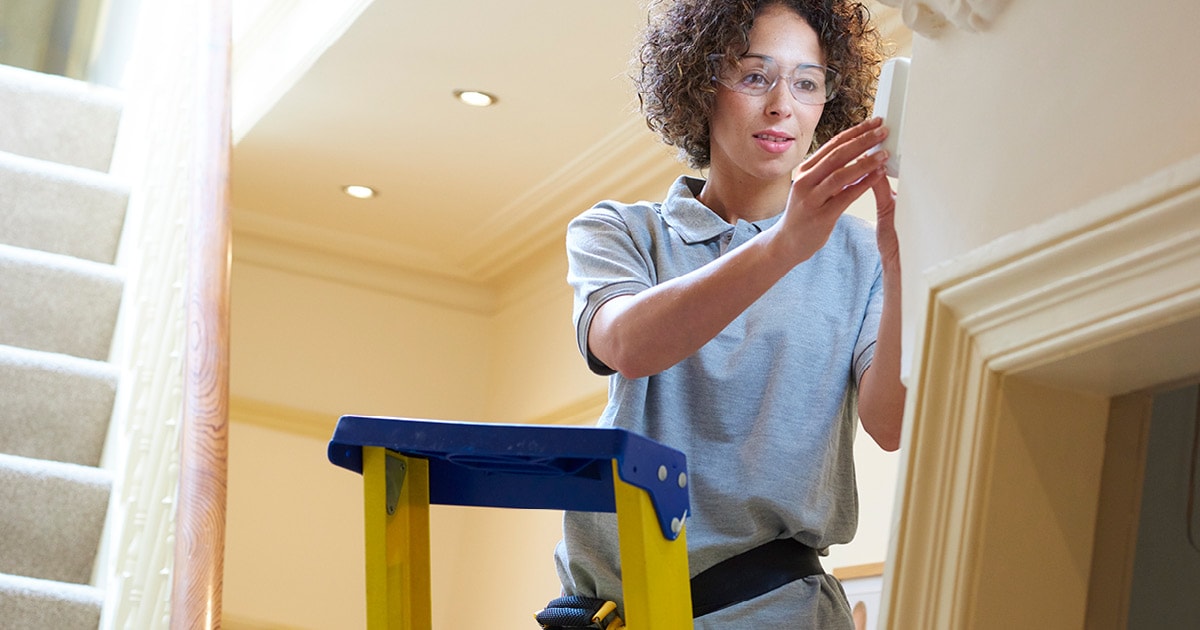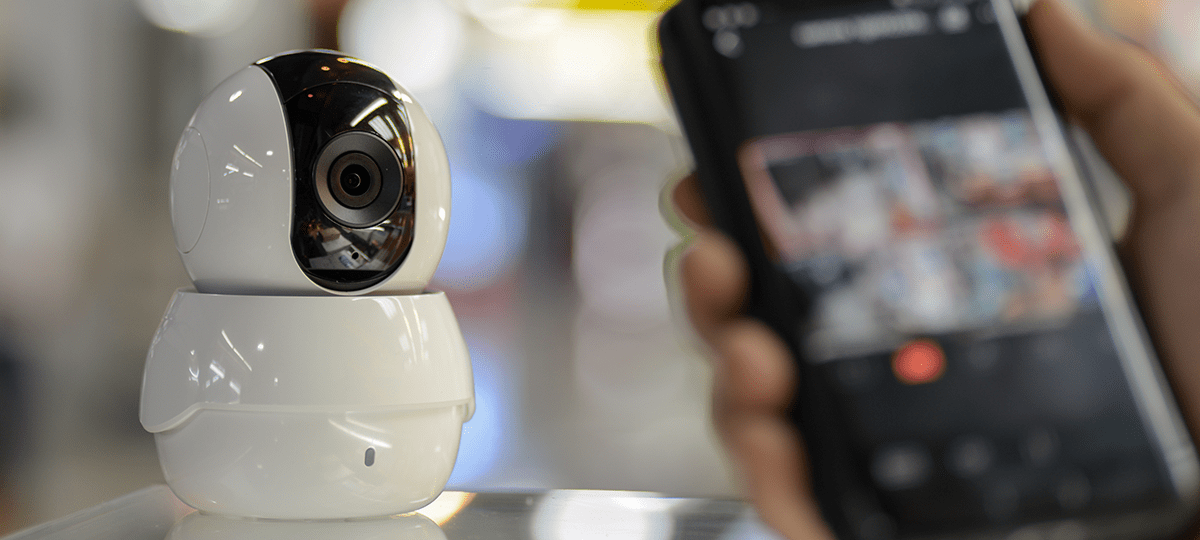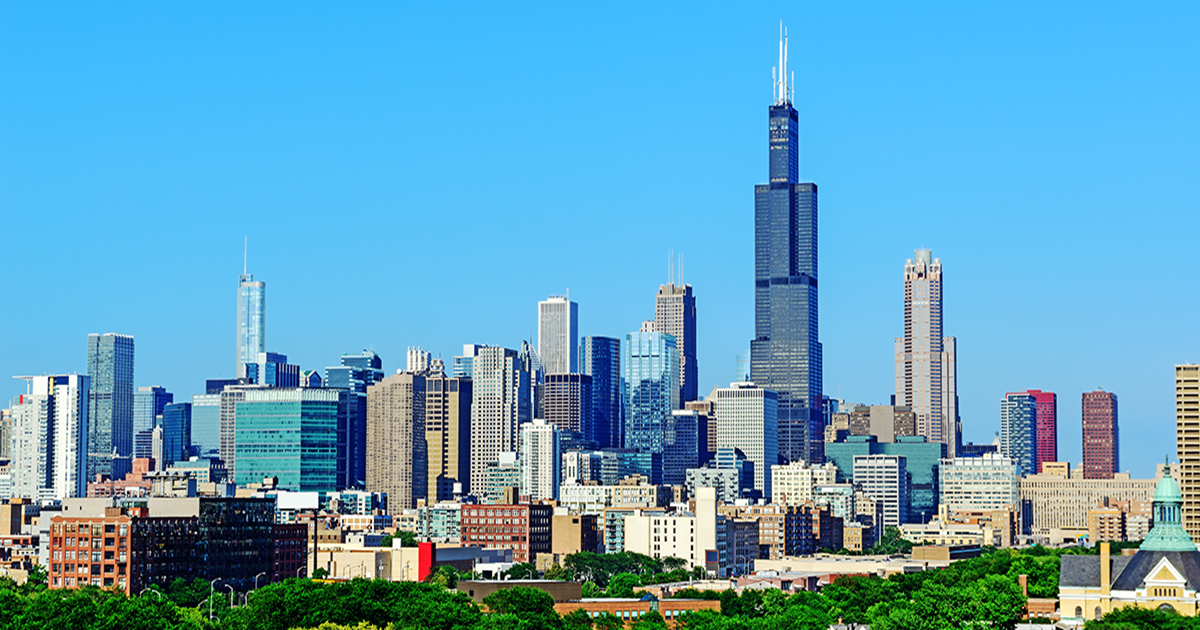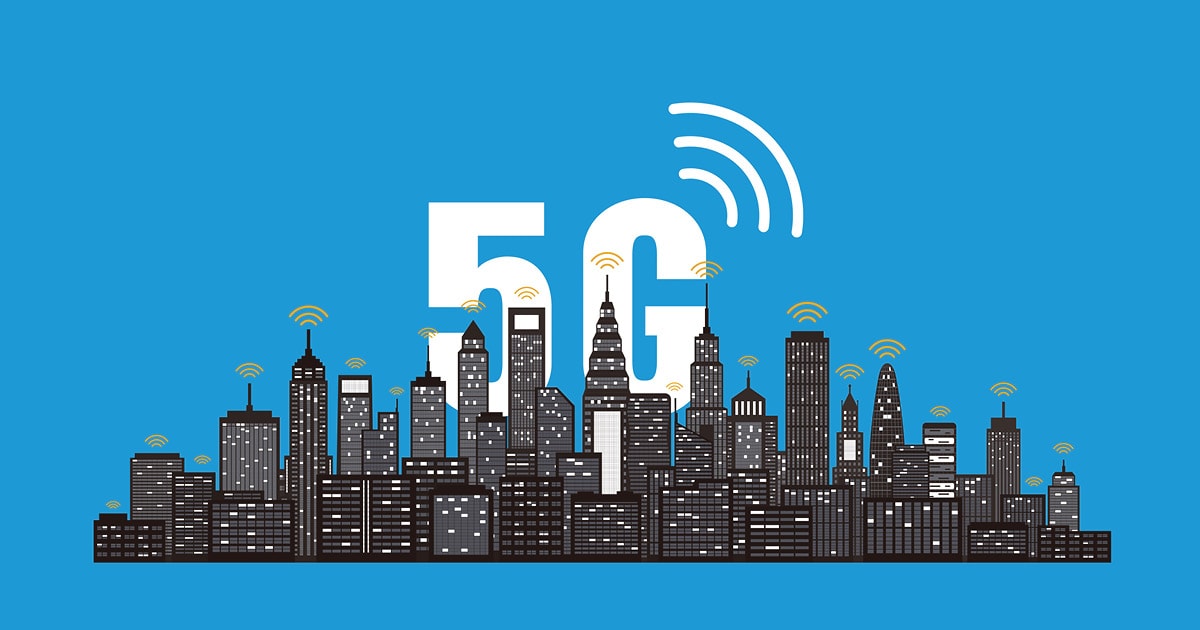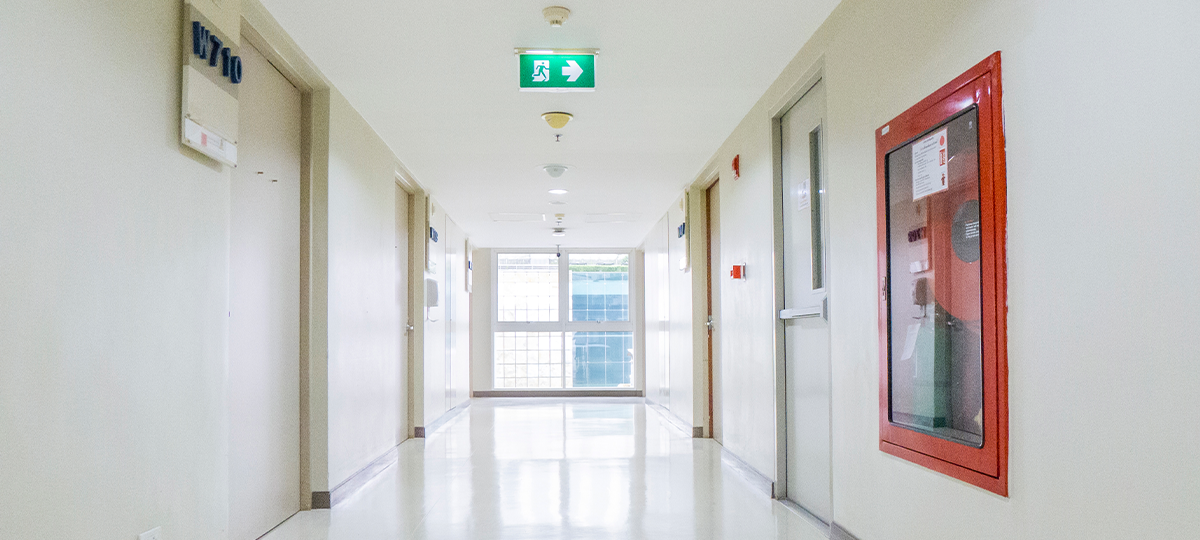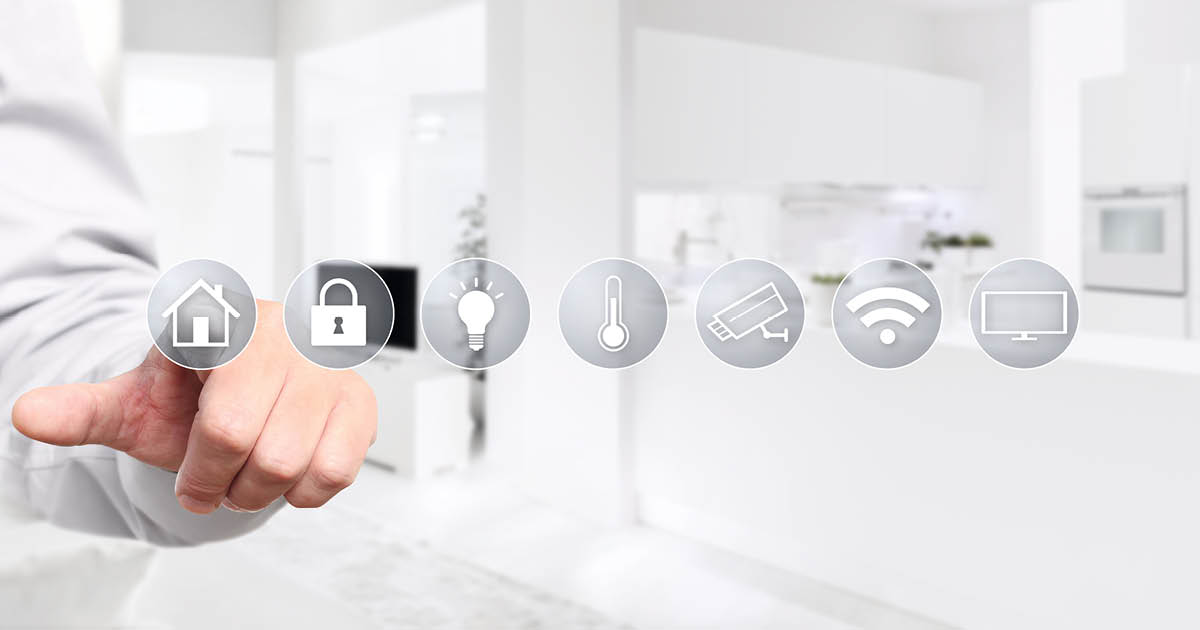How Security Cameras Work at Night
Security Camera Night Vision
Light is crucial for a camera to work. Without light, the camera can’t see anything, so how do security cameras work at night?
Infrared radiation (IR), or infrared light, is a type of electromagnetic radiation that is invisible to human eyes. It is essentially energy, a heat, that all objects emanate. An infrared camera detects this infrared energy and converts it to an electronic signal, which is processed to produce an image.
An infrared camera also has infrared light-emitting diode (LED) lights positioned on the outside of the camera, around the lens. These act as a spotlight to help illuminate the images you want the camera to capture. The more LEDs the camera has built-in, the further away the camera can see. For example, High-quality IR cameras can illuminate objects up to 150 feet away. If your security camera is only meant to monitor your front porch, you don’t need a camera with that field of distance.
Infrared cameras generally record a black and white image to ensure optimal low-light image quality. Some infrared cameras are advertised as color night vision, but you can only use the color feature if there is ambient light in the area, such as porch or streetlight.
Another option to make sure your security cameras work at night is to turn on the lights.
Motion detector lights also detect infrared waves from moving objects. When the motion detector senses an object moving across its field of view, it can electronically turn on the lights, allowing your security camera to see what’s going on.
Motion detector lighting for external use can include floodlights or decorative lighting. Floodlights usually have a field of view of up to 240 degrees and a distance range that can extend to 70 feet or more. Decorative motion-detector lighting includes lights that come on around areas like decks, patios, stairways, or swimming pools.
Many security cameras also work in low-light conditions, frequently called day/night cameras. These cameras have image intensifiers that increase the intensity of available light. Unlike infrared cameras, day/night cameras don’t have LED lights, so there must be ambient light in the area.
In photography, lux is used as a measure of the intensity of light that hits or passes through a surface, as perceived by the human eye.
Security cameras have a lux rating, so the lower the lux number, the less light is needed to capture an image. Cameras with a lux rating of 0.000 can capture an image with no external light required.
Most security cameras must work in diverse lighting conditions so they can protect a home or office during the day and night. How the security camera adapts to changes in lighting conditions is one of the most important components in choosing a good security camera.
For example, cameras pointed at a front door must deal with changing lighting situations. When the door is opened, sunlight pours in, flooding the camera’s sensor. Without the ability to adapt to this lighting change, the camera will show a bright scene outside the doorway, but the person entering the house will be a dark blur.
High Dynamic Range (HDR) cameras have special light-handling features that handle changes in lighting situations like these.
Need help choosing the right security cameras for your building? At FSS, we stay on top of industry trends and provide the most reliable security surveillance equipment on the market. Contact us for a free consultation.

